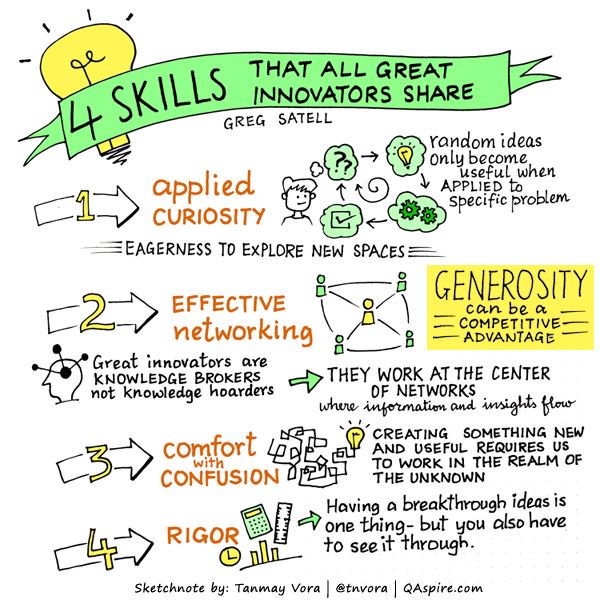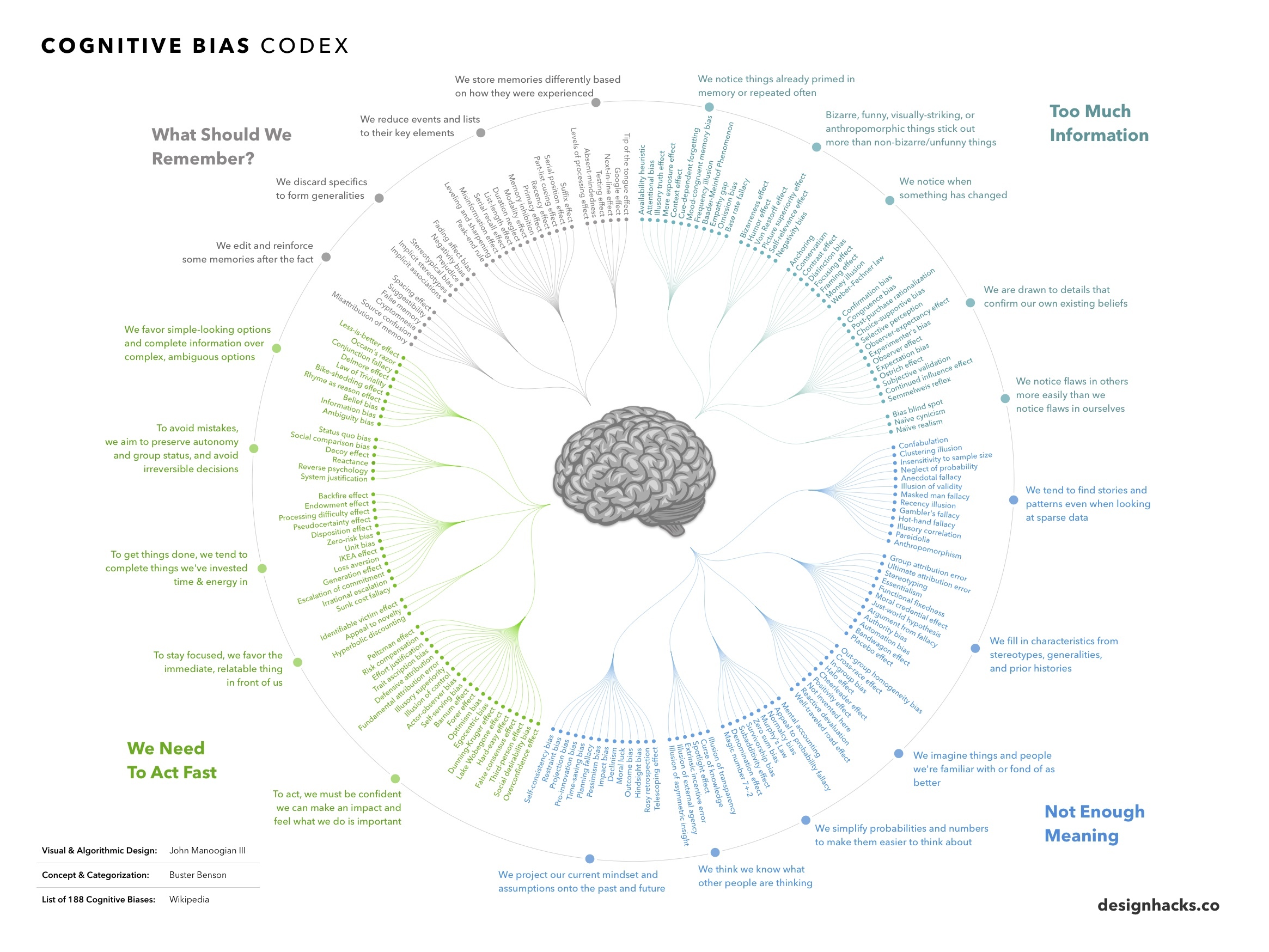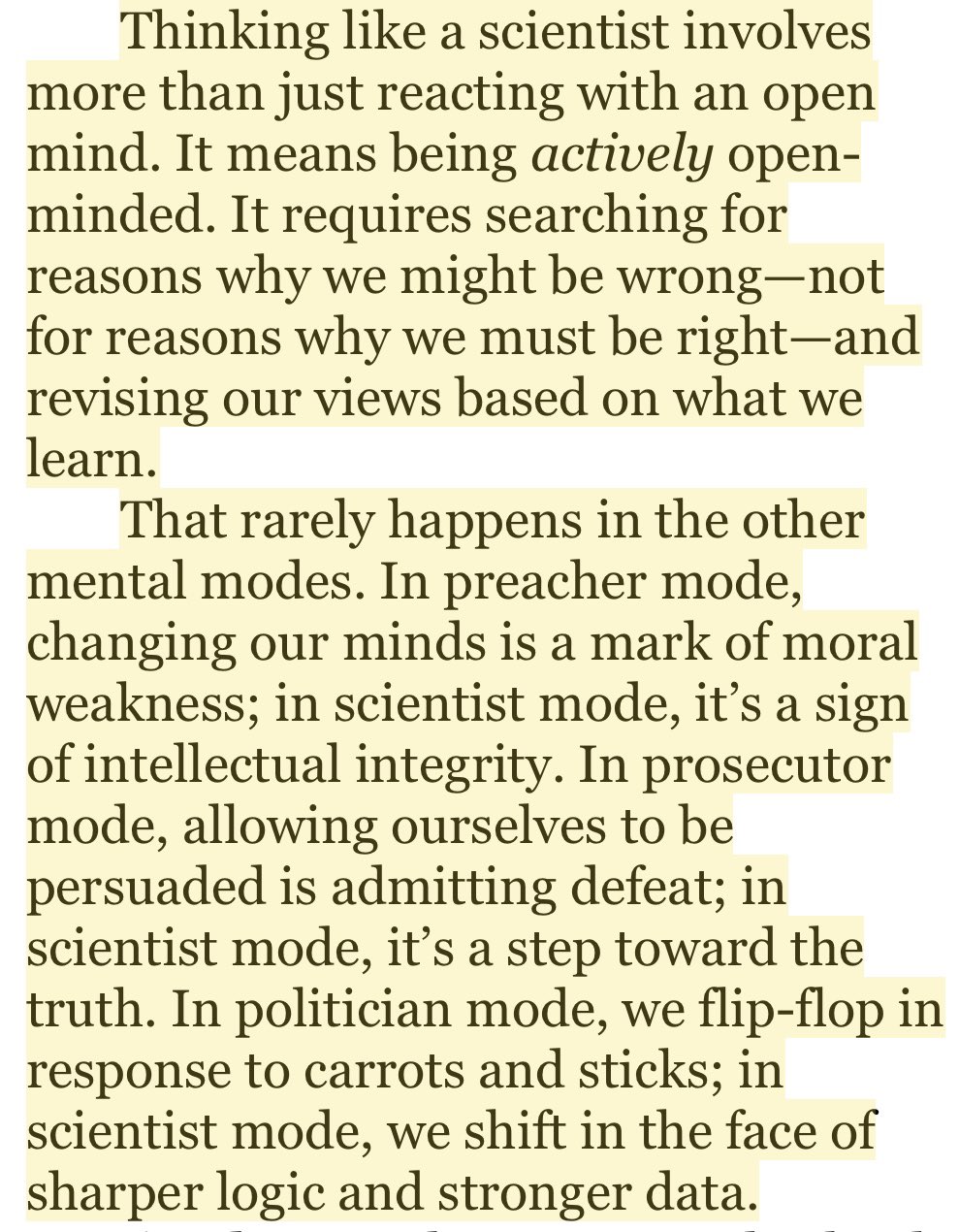"When you walk, you move more than the body — you move the mind, the spirit, the entire system of being. As you traverse spatial distance, you gain vital spiritual distance with which to see afresh the problems that haunt your day, your work, your life.
Ideas collide and connect in ways they never would have on the static plane.
Pains are left behind in the forward motion.
Doubts fall away by the footfall. I do my best writing on foot — the rest, what happens at the desk, is mere transcription.
Nietzsche saw the link between walking and creativity. “There is nothing more revealing than to see a thinking person walking,” wrote Thomas Bernhard, “just as there is nothing more revealing than to see a walking person thinking.” A passionate walker herself, Rebecca Solnit has defined the act as “a state in which the mind, the body, and the world are aligned.”Continue reading Maria Popova's post ->
https://www.themarginalian.org/2022/12/18/in-praise-of-walking-thomas-a-clark/
 |
| Art by Paloma Valdivia for Pablo Neruda: Book of Questions |



